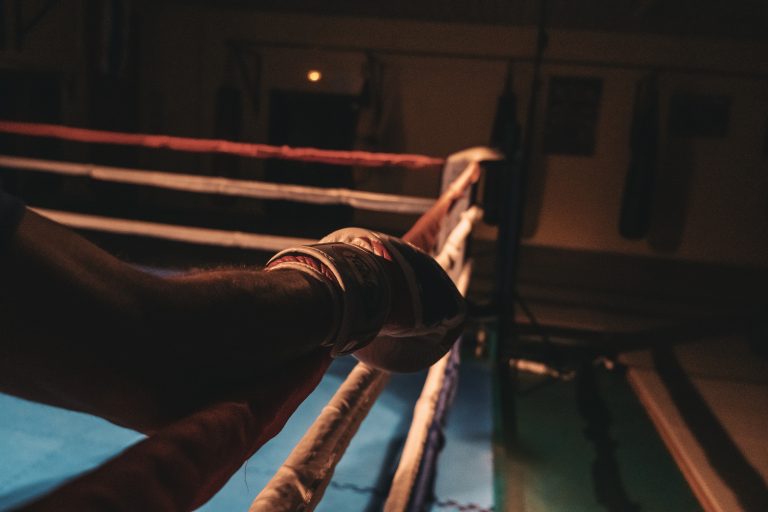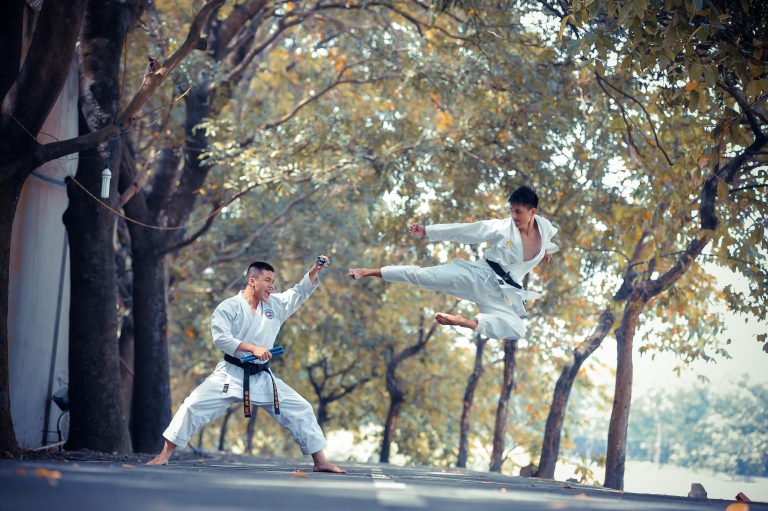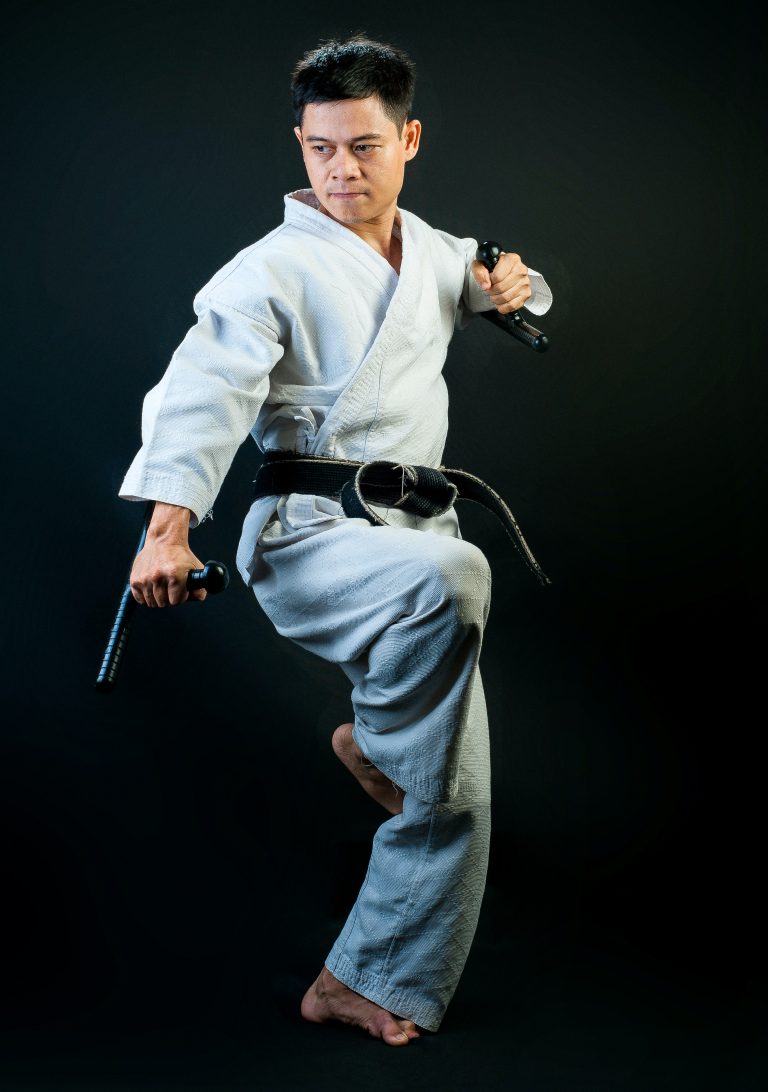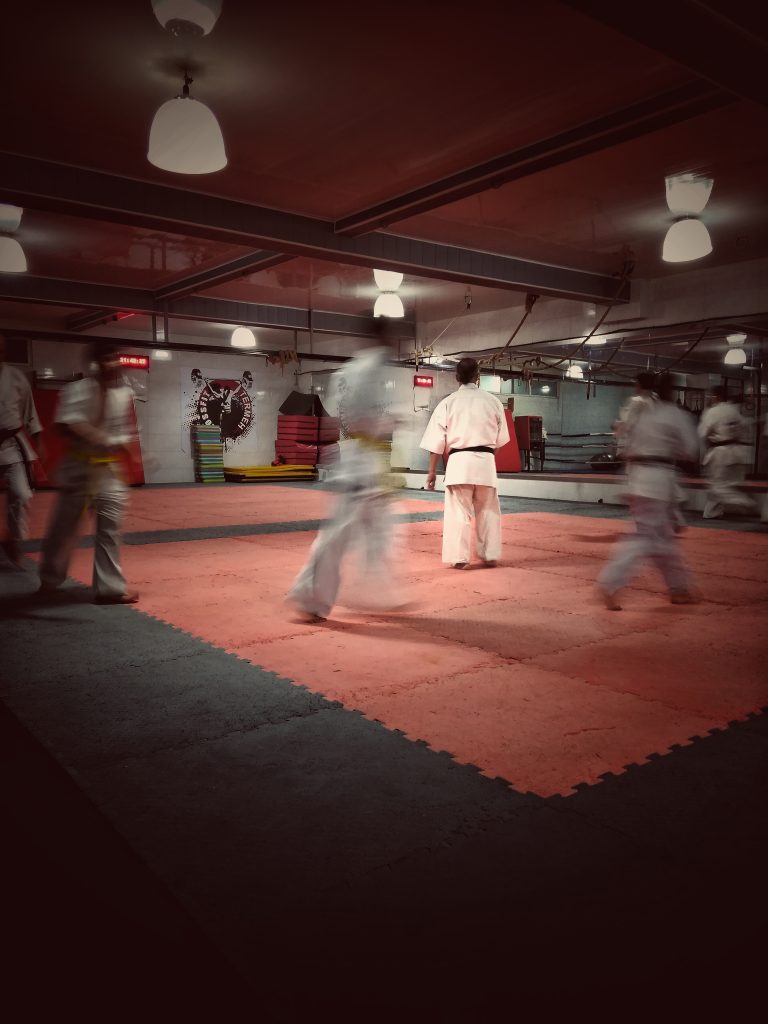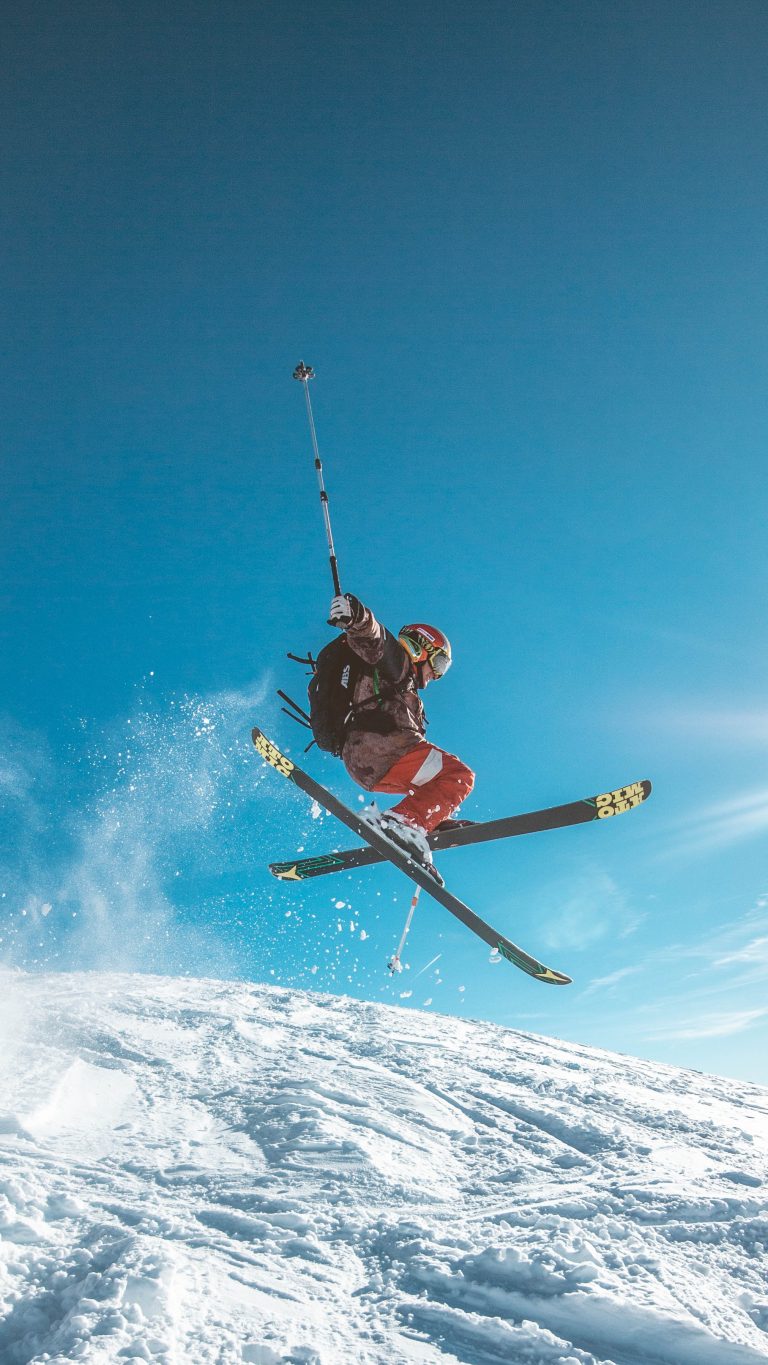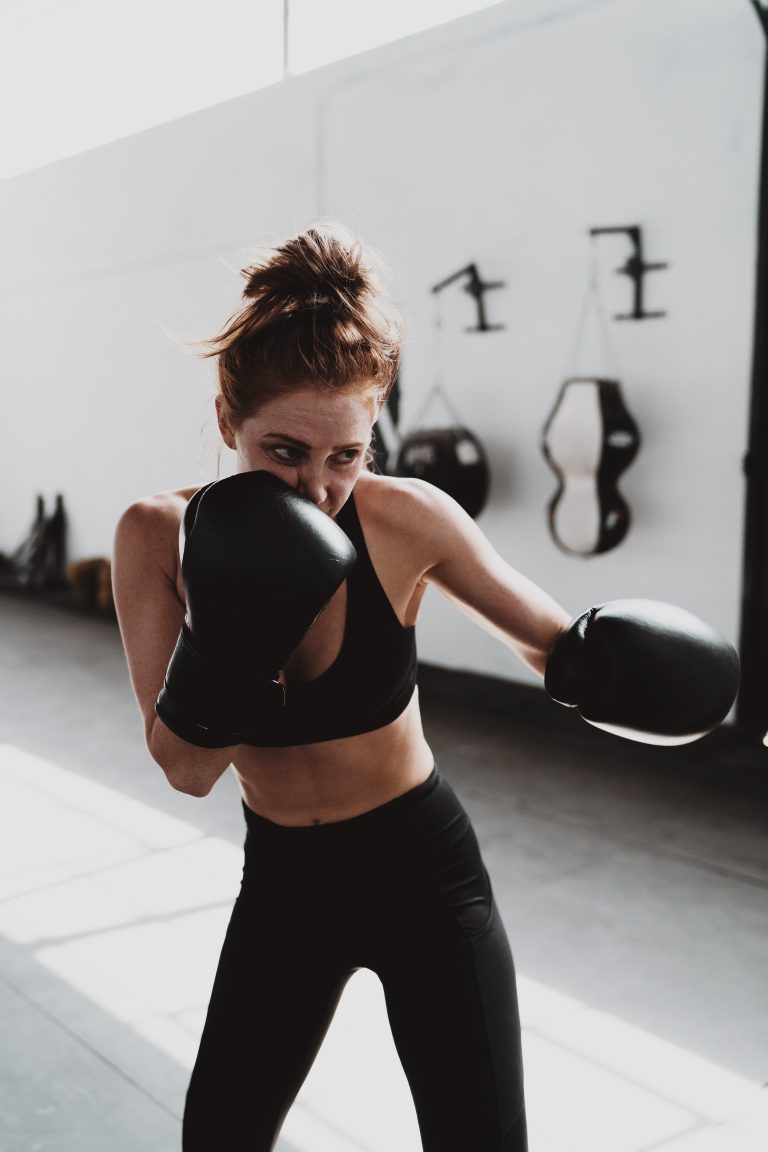Mental techniques in karate training: tips for more success
Karate is not only a physical but also a mental discipline. The practice of karate demands a lot of willpower, determination, and concentration. In order to achieve success in karate, we not only need to train our bodies but also our minds. Mental techniques play a vital role in karate training and can help us improve our performance significantly.
The power of visualization
Visualization is one of the most effective mental techniques used in karate training. This technique involves creating a mental image of yourself performing a technique or a move perfectly. In other words, you visualize yourself doing what you want to do before you actually do it.
Visualization can help you in several ways. Firstly, it can boost your confidence levels. When you visualize yourself executing a technique perfectly, you start to believe that you can actually do it. Secondly, visualization can improve your focus and concentration levels. By visualizing your techniques, you can train your mind to focus on the task at hand and block out any distractions.
Meditation and mindfulness
Meditation and mindfulness are also great mental techniques that can help in karate training. These techniques involve bringing awareness to the present moment and training your mind to stay focused on the task at hand.
By practicing meditation and mindfulness, you can improve your ability to concentrate and reduce stress levels. In addition, these techniques can help you develop a sense of calmness and composure, which are essential qualities for karate practitioners.
Affirmations
Affirmations are another powerful mental technique that can help in karate training. Affirmations involve repeating positive phrases or sentences to yourself over and over again. For example, you may repeat the phrase “I am a strong and confident karate practitioner” to yourself before a training session.
Affirmations can help boost your self-confidence and self-esteem levels. They can also help you stay focused on your goals and keep a positive mindset.
Goal setting
Goal setting is an important aspect of karate training. By setting specific and measurable goals, you can give your training a sense of purpose and direction. This can help you stay motivated and focused, especially during challenging times.
When setting goals, it is important to make sure they are realistic and achievable. Break down your goals into smaller, manageable steps and track your progress along the way. Celebrate your achievements along the way to stay motivated.
Conclusion
In conclusion, mental techniques play a crucial role in karate training. By incorporating visualization, meditation, affirmations, and goal-setting into your training routine, you can improve your performance significantly. Remember to be patient, persistent, and consistent in your mental training, and you will see the results in your karate practice.
Mental Techniques in Karate Training: Tips for More Success
Mental techniques play a crucial role in karate training. They help to develop focus, confidence, and discipline in practitioners. In this blog post, we will answer some common questions related to mental techniques in karate training and provide some tips for optimizing your training.
What are mental techniques in karate training?
Mental techniques are exercises or practices that karate practitioners use to train their minds to perform better during physical activities. Some common mental techniques include visualization, breathing exercises, and positive self-talk. The aim of mental techniques is to help practitioners overcome mental barriers such as fear, doubt, and anxiety, and improve their overall performance.
What are the benefits of using mental techniques in karate training?
Mental techniques offer several benefits to karate practitioners. Here are some of the most significant advantages of using mental techniques in karate training:
- Improved focus and concentration
- Greater confidence
- Enhanced mental and physical endurance
- Better stress management
- Improved ability to relax and control anxiety
- Increased motivation and determination
- Enhanced visualization skills
What are some common mental techniques used in karate training?
Here are some of the most common mental techniques used in karate training:
Visualization
Visualization is the technique of mentally rehearsing physical movements. When using visualization, practitioners imagine themselves performing specific karate techniques or movements in their minds. By visualizing themselves performing these movements, they improve their muscle memory and motor skills, which ultimately leads to better performance.
Breathing exercises
Breathing exercises are another common mental technique used in karate training. They involve focusing on breathing patterns and regulating the breath to promote relaxation and reduce anxiety.
Positive self-talk
Positive self-talk is a mental technique that involves replacing negative thoughts with positive ones. By changing their internal dialogue to focus on positive thoughts, practitioners can improve their confidence, motivation, and resilience.
How can mental techniques be incorporated into karate training?
Mental techniques can be incorporated into karate training in several ways. Here are some tips for integrating mental techniques into your training:
Set mental goals
Before each training session, set one or two mental goals for yourself. These goals could be related to focus, confidence, or perseverance. By setting specific mental goals, you give yourself something to work towards during training sessions.
Use mental cues
Mental cues are short phrases that trigger specific mental states. For example, you might have a mental cue that helps you focus on your breathing during training. By using mental cues, you can train your mind to enter specific mental states quickly.
Practice visualization
Visualization can be practiced at any time, not just during training sessions. Spend five to ten minutes each day visualizing yourself performing specific karate techniques or movements. Make the visualization as vivid as possible, and imagine yourself performing the movements flawlessly.
Use positive self-talk
During training, use positive self-talk to reinforce your confidence and motivation. For example, if you’re struggling with a technique, tell yourself „I can do this“ or „I am making progress.“ By focusing on positive thoughts, you can improve your performance and overcome mental barriers.
Conclusion
In conclusion, mental techniques are essential for karate practitioners who want to improve their performance and overcome mental barriers. By incorporating these techniques into your training, you can develop greater focus, confidence, and resilience, and take your karate skills to the next level. Remember to set specific mental goals, use mental cues, practice visualization, and focus on positive self-talk to optimize your training. With consistent practice and dedication, you can become a more powerful and focused karate practitioner.
Inhaltsverzeichnis

